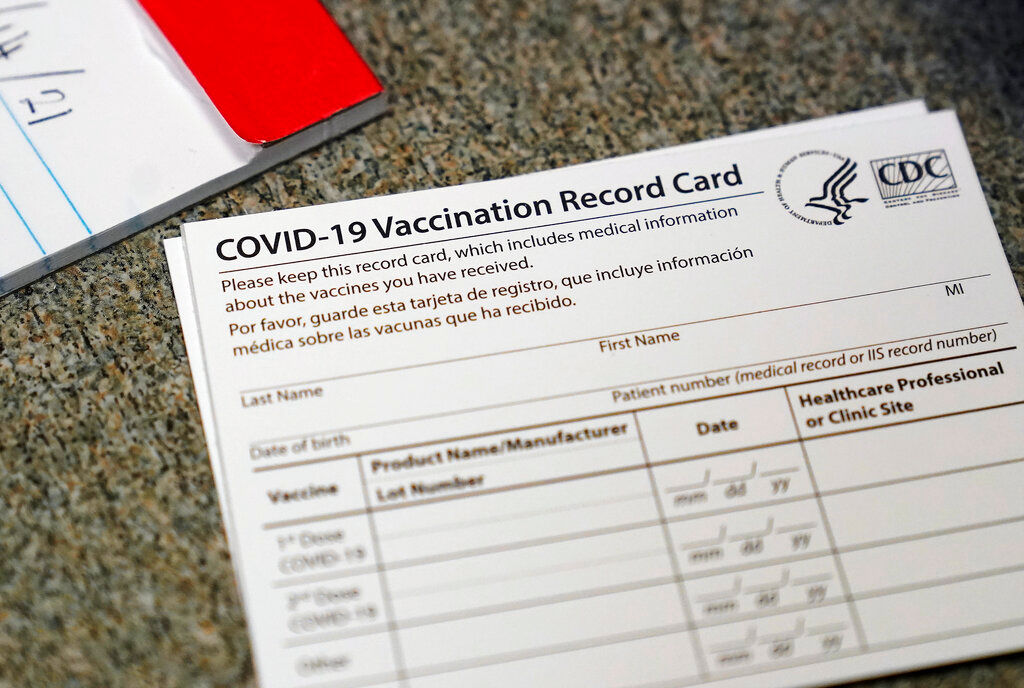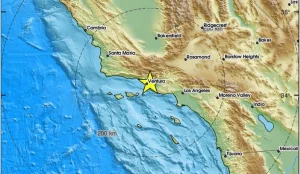California‘s Los Angeles passed a sweeping COVID-19 vaccination mandate on Wednesday that would require everyone entering public areas like restaurants, gyms, sporting events and salons to produce proof of full vaccination. The mandate is being deemed as one of the strictest in the United States.
The Los Angeles City Council voted 11-2 to pass the new order, which will be implemented starting November 4, 2021.
The move came after the council postponed a vote last week to deal with concerns ranging from who could be fined for violations to whether employees could end up in fist-fights when they have to serve as vaccine door monitors, according to reports from Associated Press.
Also Read: Pentagon mandates COVID vaccines for civilian workers
Critics of the COVID-19 vaccination mandate argue that the rule will lead to segregation of those who refuse or can not be vaccinated against COVID-19.
Eric Garcetti, the mayor of Los Angeles, is likely to sign the newly passed ordinance into law. He also backed the COVID-19 vaccine mandate earlier this month and said, “I do not want to bury another city employee, police officer, firefighter.”
The rule, if signed into law, would require eligible people to show proof of being fully vaccinated against COVID-19 to enter public areas like indoor city facilities, gyms, restaurants, bars, sports arenas, shopping malls among multiple other locations. To be eligible to get vaccinated against COVID-19, an individual must be over the age of 12.
Also Read: New York City kicks off COVID vaccine mandate for school staffers
Those who have not been vaccinated against coronavirus due to medical exemptions or religious reasons will be required to produce a negative COVID test report, which has not been taken more than 72 hours prior to entering a public place.
Even though the mandate has experienced backlash, council members who support the ordinance said it is aimed at reducing the risk of new COVID-19 surges. The nation’s second-most populous city faced a huge rise in infections and hospitalizations last winter and a smaller surge this summer linked to the spread of the highly contagious delta variant.







